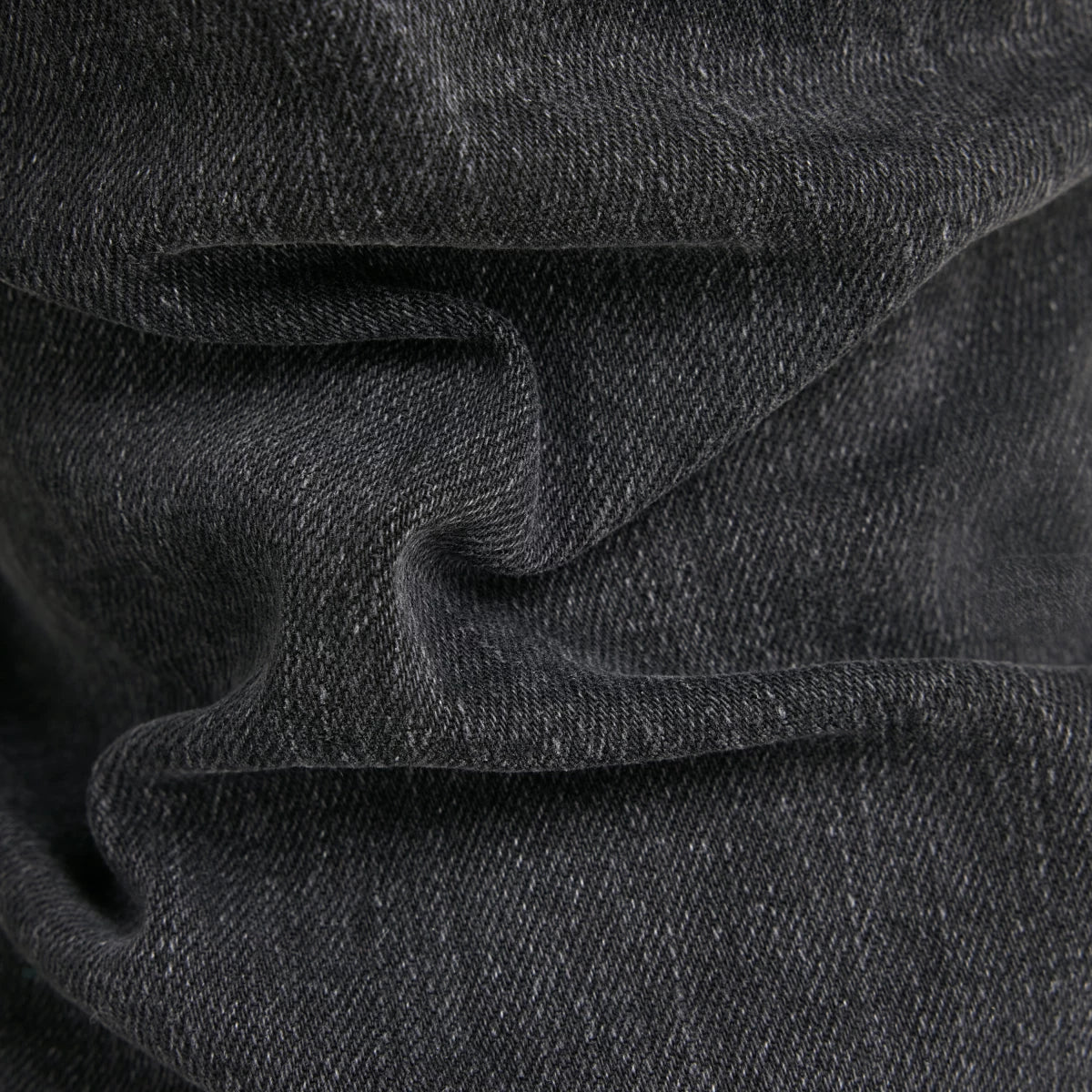
Responsible shopping at Holzhaus
Because we also care about our future and want to contribute to reducing the negative footprint of the clothing industry, we are becoming increasingly critical of the footprint it leaves behind. On this page you will find four sustainability pillars that we strive for improvement as a store.
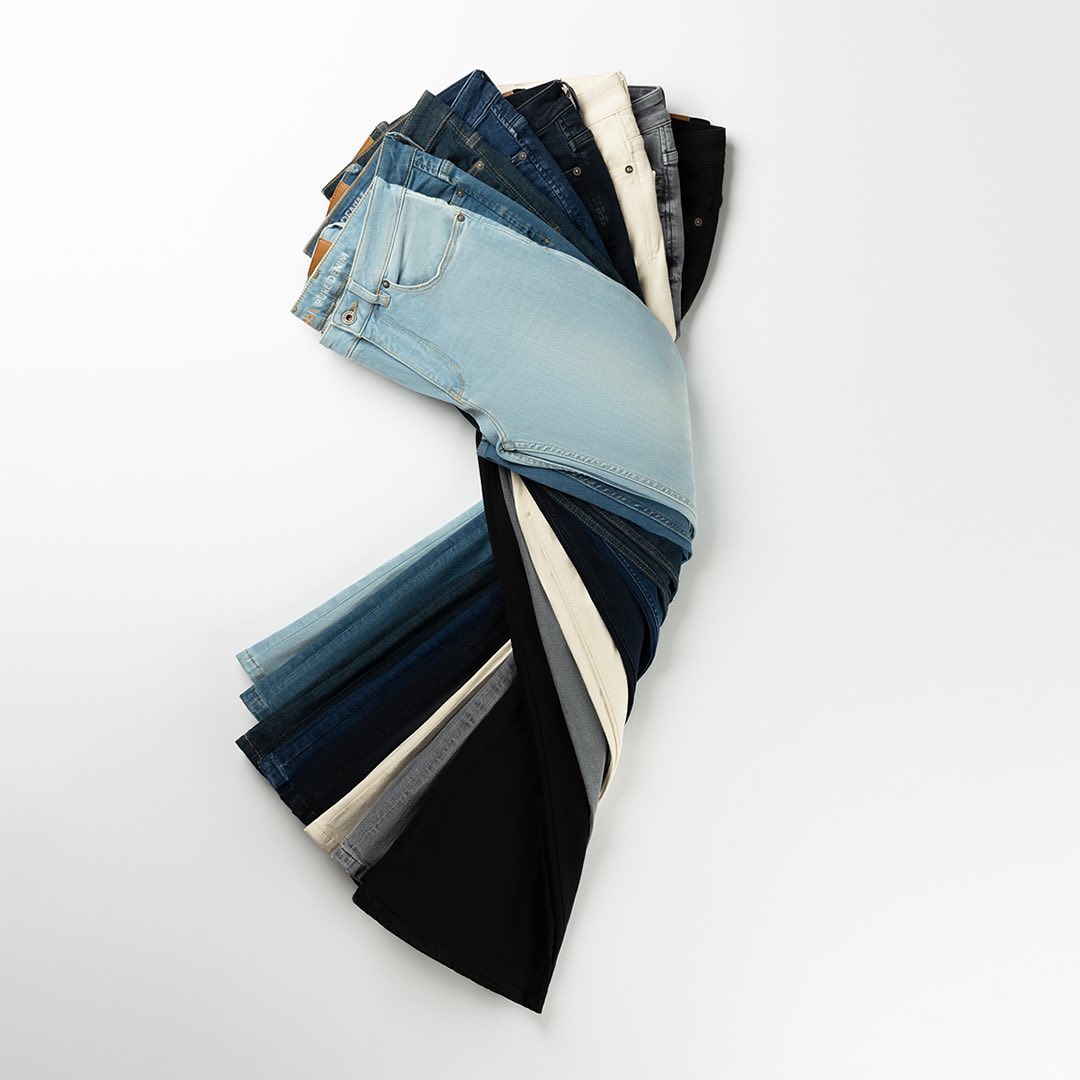
1. Quality
As a first milestone, we find the quality of our products of high value. We are not in favor of Fast-Fashion, and believe that it is better to invest in a product that lasts longer, than to buy many pieces for a short period.
In order to guarantee our quality, we also ask you to always come back if you are not satisfied with the quality of one of your purchased items from us. This way we can pass this on to our suppliers to ensure that there is improvement.
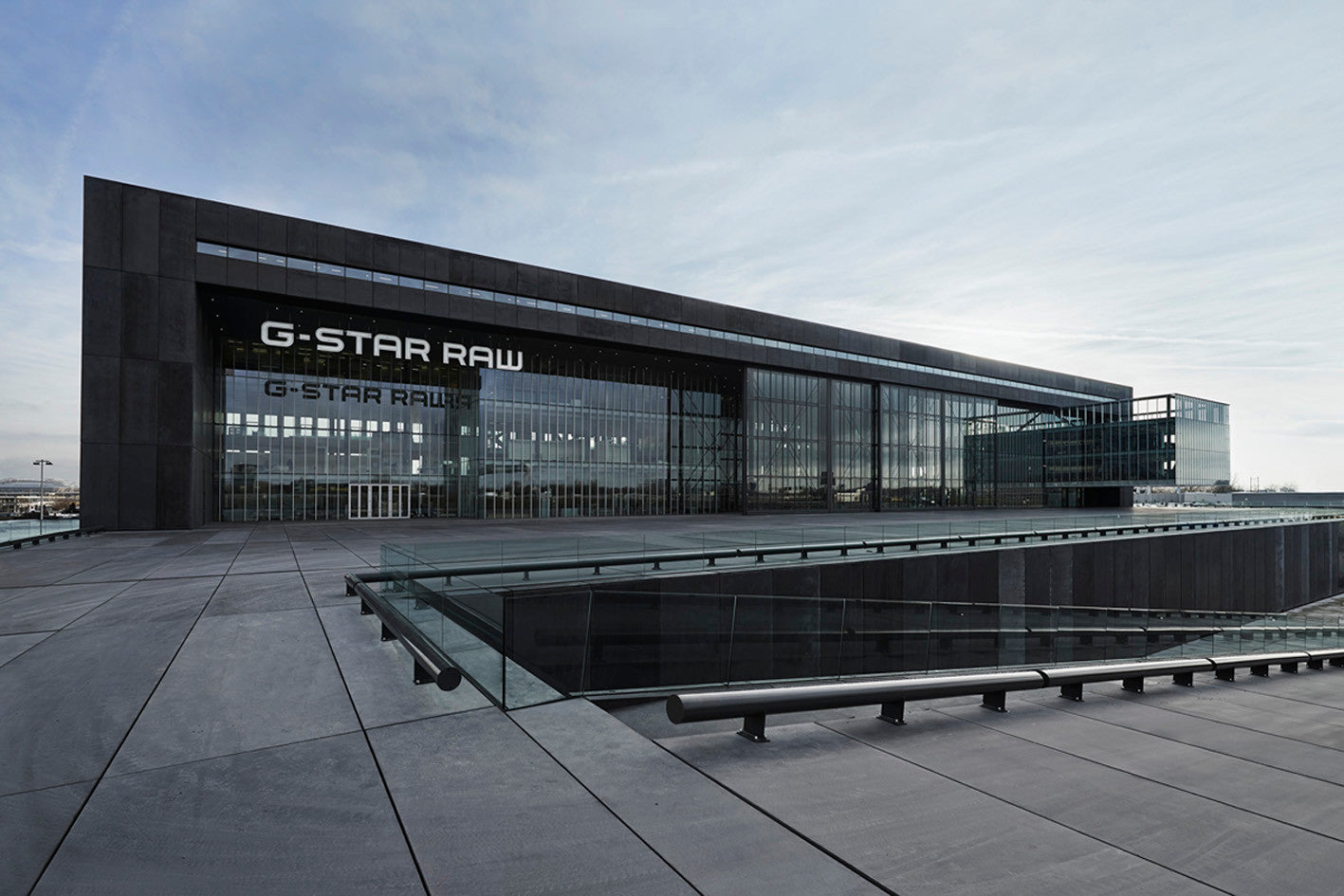
2. Suppliers
Secondly, we are becoming more critical of the brands we sell and what they do for the environment. Most of our brands are working on sustainability in the development of their collections. When we start working with a new brand, their sustainability policy is one of the biggest considerations we make.
In addition, we always support sustainable initiatives from our current suppliers, such as sustainable capsule collections and our critical view of articles without Fairtrade certificates.
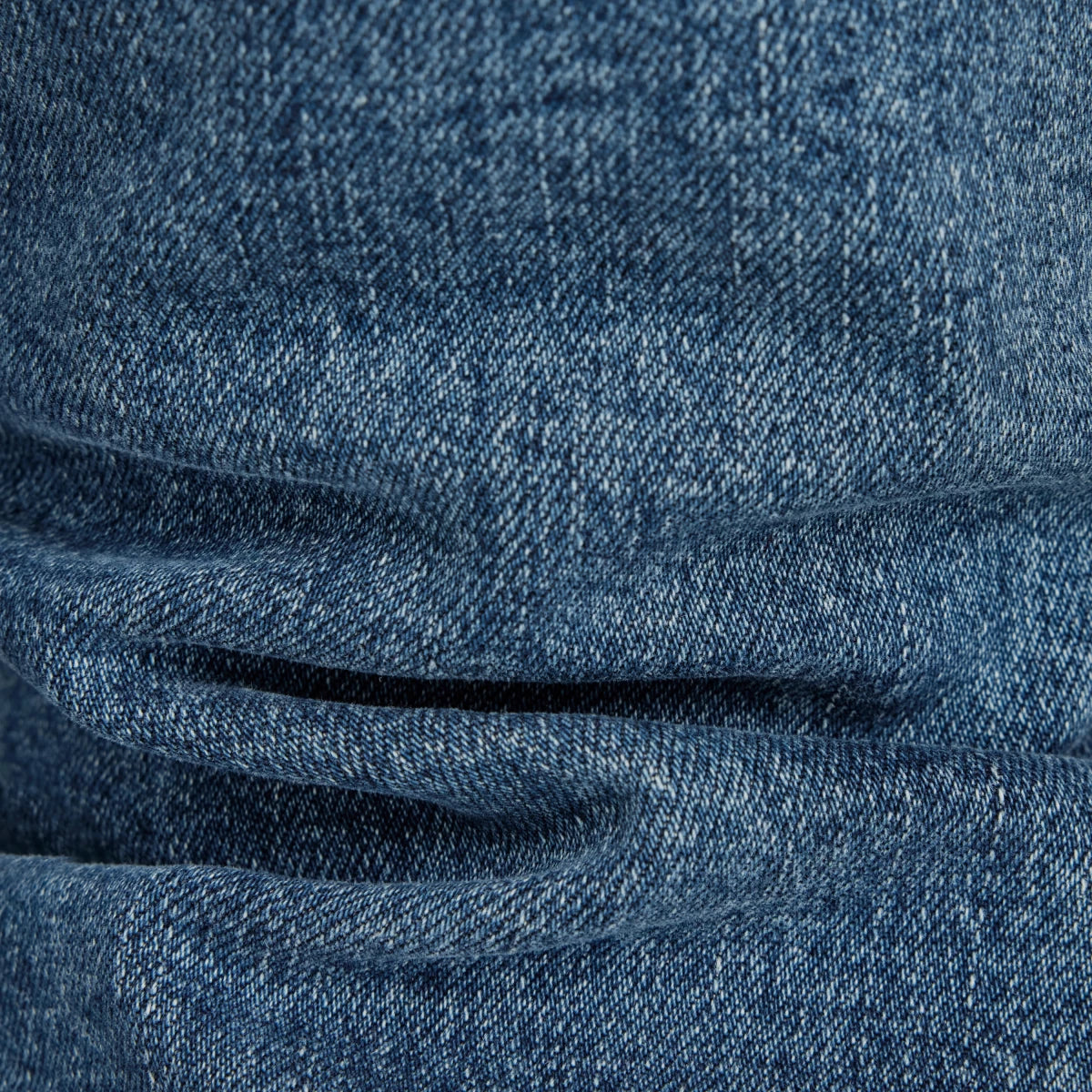
3. Materials
Of course, raw materials are an important topic when it comes to sustainability. The supply of our suppliers plays a major role in this. With purchasing, we try to pay as much attention as possible to the use of good materials, such as Viscose, Organic cotton, and even the use of Polyester has a smaller negative footprint in comparison during production. The very best is of course recycled raw materials, such as the articles of KUYICHI.
In addition to the environment, we also try to pay a lot of attention to the animals. For example, we reduce all our leather offerings to a minimum (hence the disappearance of leather jackets & pants from the store), and we are critical of the living conditions of the sheep, from our suppliers from whom we buy woolen items. Did you know, for example, that the leather patches on the back of the KUYICHI Jeans are made of corn leather?
Finally, in addition to the raw material, the treatment of the fabrics is a major point for improvement. For example, our Jeans suppliers minimize the use of water. Where 1,500 liters used to be needed to make a wash on a pair of jeans, some brands now do this with just one cup. Some brands (such as PME, LEVI'S, and G-STAR) no longer use any water at all for the washes, but create the washes using laser technologies.
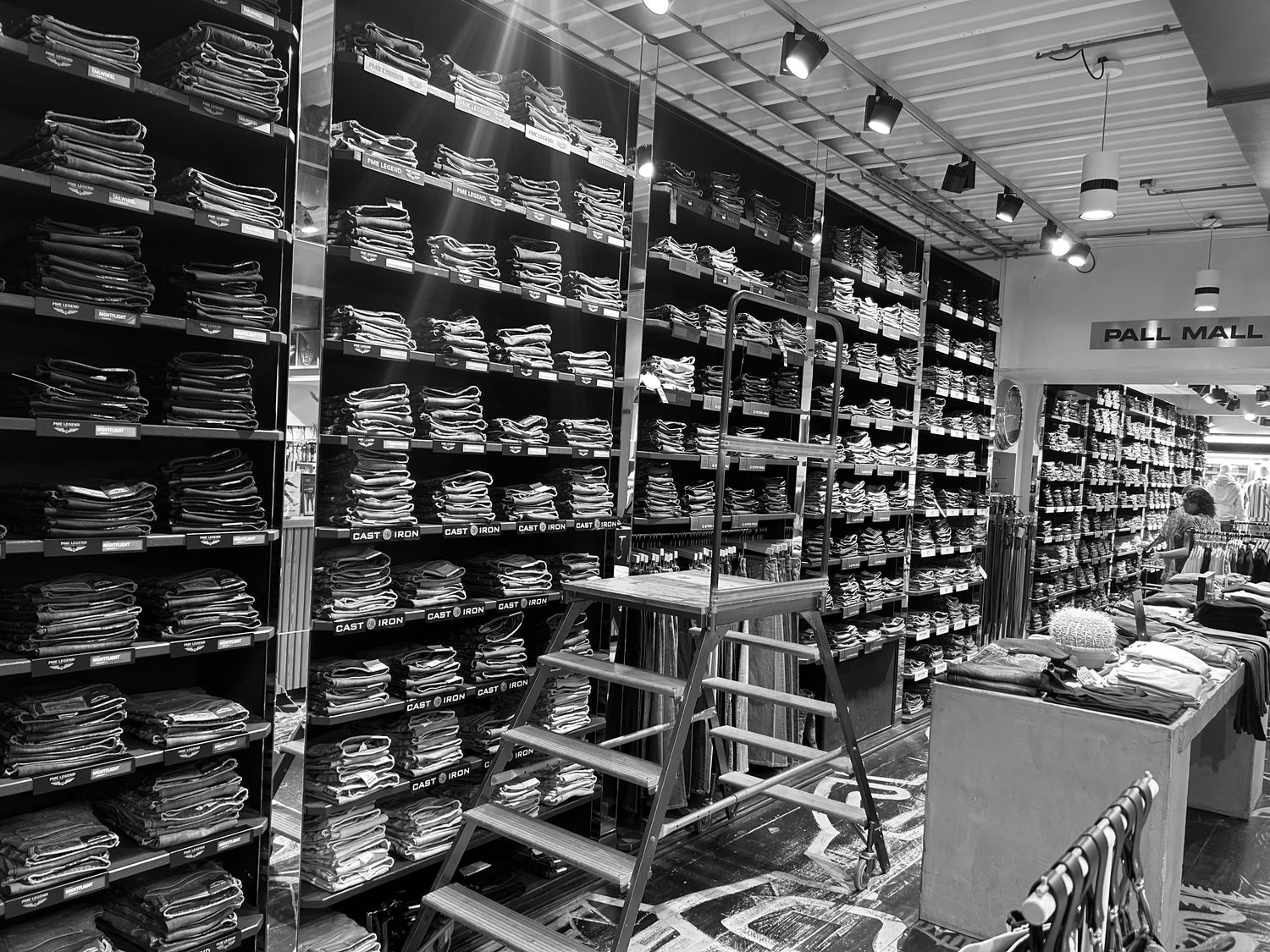
4. Shop
Finally, we are of course fully engaged in recycling in the store itself: paper, plastic, textiles, etc. For example, we return the plastic bags and hangers on which articles from Studio Anneloes, for example, are delivered to purchasing for reuse, and we collect old jeans from our customers for recycling in collaboration with Sympany.
We try to use everything we already have in the house (also with the new renovation). With all purchases of items that we need, we also support the local shops from the Cronjéstraat as much as possible!
